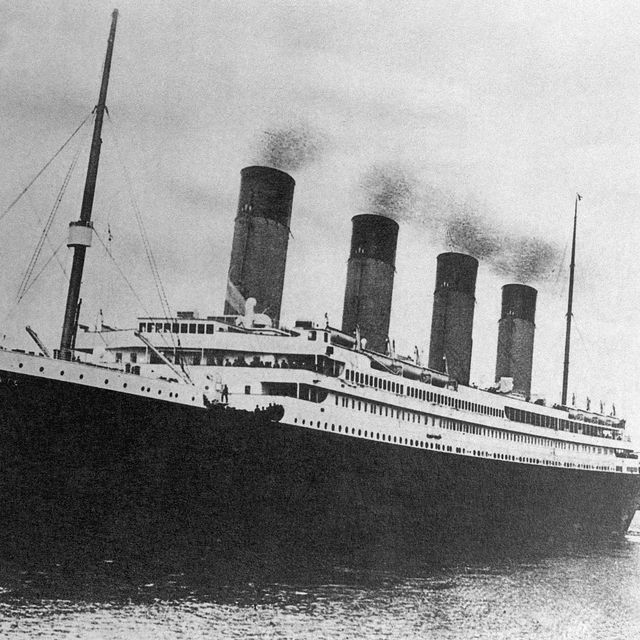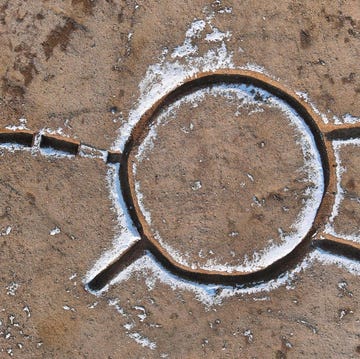- A 2024 expedition hopes to pick off unattached objects from the sunken Titanic, including the ship’s radio.
- The U.S. government has taken RMS Titanic to court over the plan.
- The international agreement that treats the Titanic as a sacred burial site is the basis for the effort to stop the expedition.
Picking off items from the sunken Titanic won’t happen if the U.S. government gets its way. But that position has gone to court as RMS Titanic Inc. (RMST), the Georgia company with salvage rights to the Titanic, plans to go ahead with a May 2024 expedition to film the ship and recover any unattached wreckage artifacts.
According to a Norfolk, Va., U.S. District Court filing—as reported by the Associated Press—the government wants to stop RMST from heading to the wreckage. But the company says it isn’t impeding on any federal laws or international agreements by doing so.
Therein lies the conflict.
The U.S., United Kingdom, France, and Canada all entered into an agreement to treat the wreckage as a sacred burial site in attempt to fend off looters and salvagers. With roughly 1,500 passengers perishing in the tragic 1912 sinking, government officials wanted to protect the sanctity of the site. Federal U.S. law further strengthens that agreement.
“No person shall conduct any research, exploration, salvage, or other activity that would physically alter or disturb the wreck or the wreck site of the RMS Titanic,” the law reads.
RMST, which in 1994 entered into an agreement with the ship’s owners, Liverpool and London Steamship Protection and Indemnity Association, to be the exclusive salvor-in-possession of Titanic, says it has no plans to alter the wreck. Instead, RMST says the plan includes taking images of the wreck where deterioration has opened up new ways to get a remotely operated vehicle inside the hull.
The company would also “recover free-standing objects inside the wreck,” according to the AP, which could include objects from inside the Marconi room—the room that held the ship’s radio—if the objects aren’t affixed to the wreck.
The U.S. isn’t convinced. “RMST is not free to disregard this validly enacted federal law, yet that is its stated intent,” documents filed in court read, according to the AP.
An RMST-announced plan in spring 2020 had the company looking to extract the radio, even if that meant cutting into the ship. The U.S. government challenged the plan in court, but a judge sided with RMST because of the historical and cultural significance of the telegraph that could be lost to decay. The pandemic delayed any actual effort.
The argument continues, with government lawyers saying RMST needs approval and permits to go to the site and RMST countering that it has the salvage rights of a wreck in international waters.
Since the 1994 salvage rights granting, RMST has gathered thousands of items and put them on view for millions to see. “The company will continue its work, respectfully preserving the memory and legacy of Titanic, her passengers, and crew for the future generations,” a RMST spokesperson tells AP.
It may be the courts that decide if that’s the case or not.
Tim Newcomb is a journalist based in the Pacific Northwest. He covers stadiums, sneakers, gear, infrastructure, and more for a variety of publications, including Popular Mechanics. His favorite interviews have included sit-downs with Roger Federer in Switzerland, Kobe Bryant in Los Angeles, and Tinker Hatfield in Portland.













